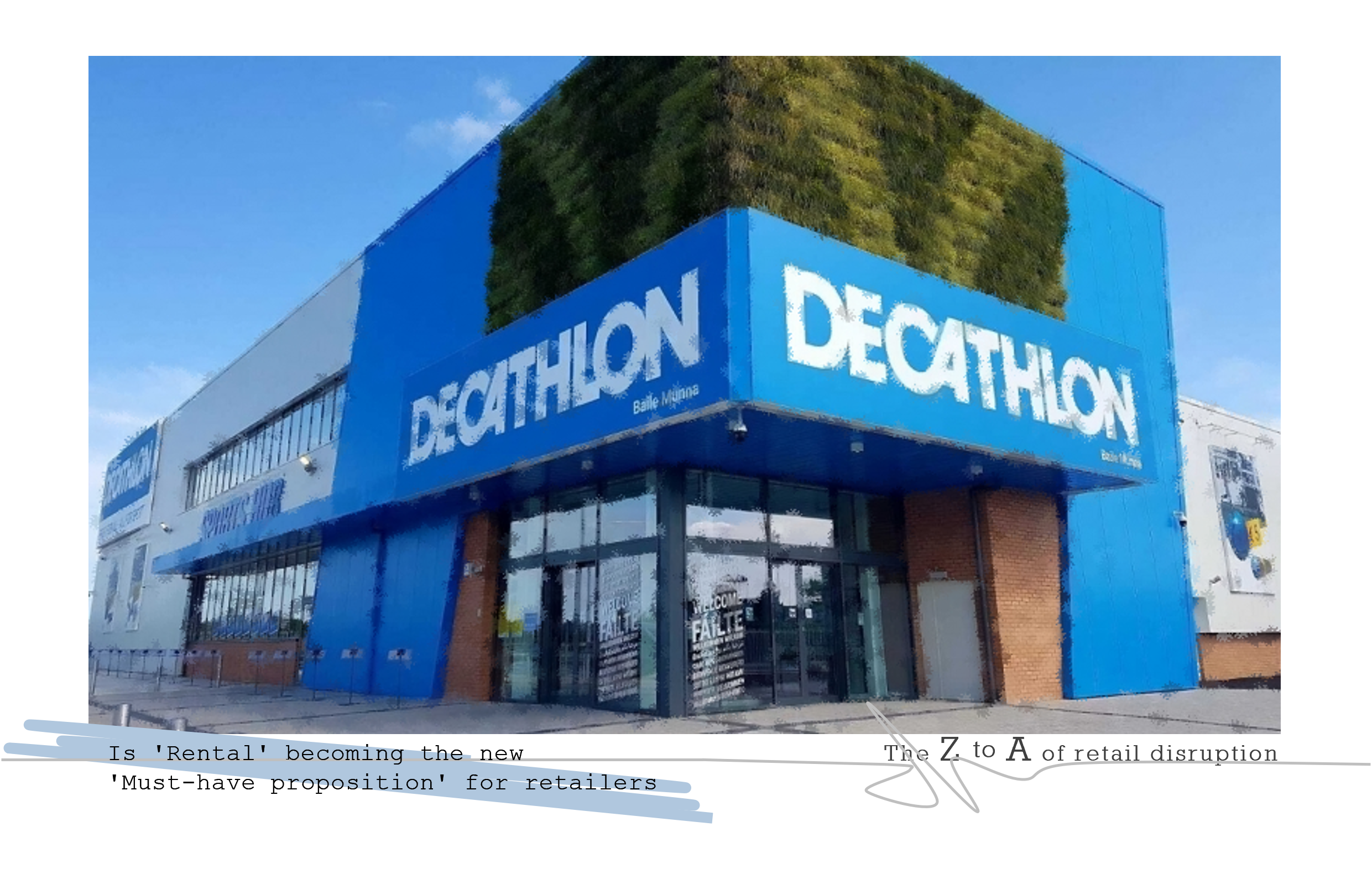Is ‘Rental’ becoming the new ‘Must-have proposition’ for retailers struggling with customer loyalty, falling sales volumes and profits?
What has been until recently a niche offering, largely restricted to luxury goods, and offered by specialist rental businesses, is now being adopted across different categories. It is certainly a growing trend, and what is most interesting is that traditional retailers are now looking more to offer rental in parallel to selling. This is not anymore the domain of the rental specialist. Nor is it restricted to luxury retailers.
What is driving this trend is that mass-market retailers have now realised that rental can make economic sense. It can drive footfall, and it can maximise the revenue from individual products, which are now costing more to manufacture and ship, to the point where a single sale is not enough to cover the expense of making it, whilst also generating a healthy profit.
For any product, from fashion clothing, to specialist equipment, where the frequency of use is low, and where the total occasions to use is limited, the economics are shifting so that to rent to many customers for a lower rental fee, will accrue more revenue than a single sale, when overall sales volumes are getting less.
From a sustainable perspective, it can only have a positive impact on how products are valued, by customers, but also particularly by the retailers themselves. Profit will come from producing higher value products, durable, useful and attractive to a wide group of customers, rather than volumes of products where low prices driven by favourable buying margins is what traditionally delivers profits.
Whilst rental from Zara will raise eyebrows, the logic for a brand like Decathlon seems well founded. We are all used to renting our sports and aquatic equipment whilst on holiday, so Decathlon is now shifting the point of rental from the holiday, or recreation centre, back into the retailer. It is no doubt hoping that the convenience of renting in-situ can be off-set by the lower rental price they can offer, a wider choice of products to rent, and the additional service and maintenance that Decathlon traditionally offers.
It is overall, a smart move. So much so that Decathlon has its own Rental Leads in every participating shop. It promises that every rental item from paddle boards, kayaks to ebikes will be as good as new, so what is there not to like for the customer.
It also seems that the golden ticket, whether renting clothes, or equipment, is to bundle products together for a whole experience. In the case of Decathlon that would be wetsuits, flippers and surf boards, or even footballs, goalposts, or tennis rackets. With a message around, ‘try sports, rent, and return’ this proposition should gather traction with many customers, where the cost of expensive equipment is a barrier.
Modern retail, and even what constitutes being a retailer, is changing rapidly. Is, in fact, renting, retailing? Ultimately it doesn’t matter.
But for sure, as the customer accepts rental as the new norm, the fight between traditional retailers, renters, sports destinations, clubs and training schools for their share of this market looks likely to bring out everybody’s competitive spirit.
